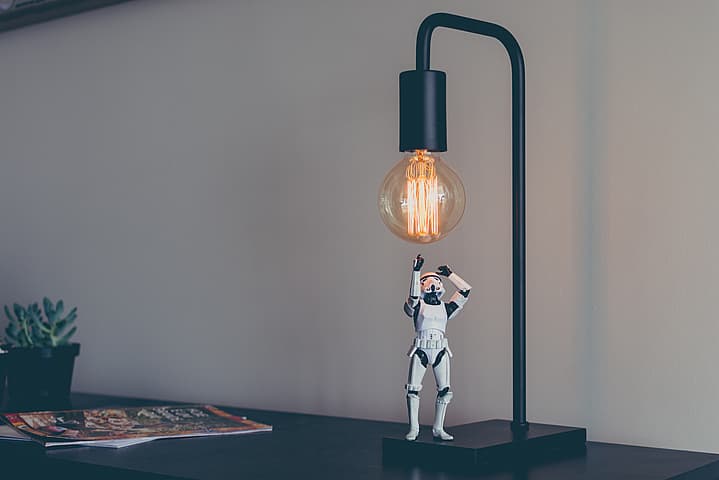Website redesign – Can you keep your CMS?
27.04.2020
We often get asked by clients which Content Management System (CMS) is best for their new website. Deciding on which CMS to use is a crucial part of any web design project. Afterall, you will be living with it for a good few years and using it daily.
Unlike many agencies, we aren’t dedicated to any one particular CMS, therefore we don’t push a particular CMS because it suits us. This is quite freeing because it allows us to have an objective view on what the best solution will be.
Clients often have a preference in their briefs for one or other CMS based on past experiences.
A clunky CMS is often a motivator for a redesign project, but despite the clunkiness it often isn’t the fault of the CMS. It is not uncommon for a client to express concerns about their current WordPress CMS and want to switch to Drupal, when the previous week another client had told us that Drupal was terrible and WordPress was the solution. A lot comes down to configuration and in some cases what you have already might be the right solution.
What about keeping what you have and focusing on creating an amazing new front end? This would be faster, more cost effective and allow you to focus on making the site achieve your goals.
Whether you can keep the current CMS depends on:
- the current pain points
- the gap between functional requirements and the CMS’s functions
- how much the site structure will change
- the CMS costs and ongoing costs
So, how do we go about determining whether we can keep the CMS?

Talk to stakeholders about the current CMS.
As part of our research phase, we interview internal stakeholders to get a view on the current CMS – its pain points and its effectiveness. This covers user experience and the user interface. If a common content management task, such as uploading an image, is arduous then it could seriously impact efficiency and cost you.
Talk to IT and compliance.
We’d talk to IT and compliance teams about the CMS, security, and system integrations. If pain points, security issues or ongoing costs are a concern, then changing the CMS becomes a higher priority.
Compare CMS functions vs requirements gathered through our research.
During the strategy phase of a website project we’re gathering information on what the website needs to do and creating a list of requirements and recommendations. We’d then evaluate CMSs against these requirements. Different CMS platforms will be stronger in different areas. CMS choice can often come down to a key piece of functionality – personalisation, multi language, ecommerce, etc.
Look at page structure and hierarchy.
A lot depends on how good your current site structure and content is. If through our work on the information architecture we determine that the site structure and hierarchy is to undergo a radical change, then keeping the current CMS won’t save any money (since we’re essentially starting again). If the content types and taxonomies are sound, then maybe we can use what we’ve got.
Think about marketing automation.
A website should help you hit your marketing, sales and customer service objectives, so what you need is a management tool that lets you do that. Yes, this involves managing content, but also other things that are crucial, such as lead capture forms, SEO and metrics. Does your current CMS provide you with these tools or integrate well with your marketing platforms? When running ongoing campaigns, getting everything in place for SEO, tracking and reporting, can take time. You need a CMS that makes this easy for you. If your current platform is tightly linked to your campaigns, it will be more costly to replace.
Compare CMS licensing and ongoing maintenance costs.
Many clients want an open source CMS so there are no ongoing licensing costs. This sounds sensible but you have to factor in the cost of development and ongoing maintenance. If a proprietary system offers powerful functionality it may be quicker to implement and cheaper to maintain. Plugin and 3rd party tool costs need to be considered as well as hosting. A hosted solution like HubSpot CMS or Shopify removes the need for hosting, along with the associated maintenance costs. There are also the costs associated with retraining staff on using the CMS.
Can you keep your CMS? Can you be future proof?
In many ways, the more you’ve looked after your website the easier it will be to keep your CMS and go for an easier and cheaper front end redesign. There is no way to be completely future-proof but improving your site overtime can help. A website that is continually updated will return more value to you and be less painful to update.

